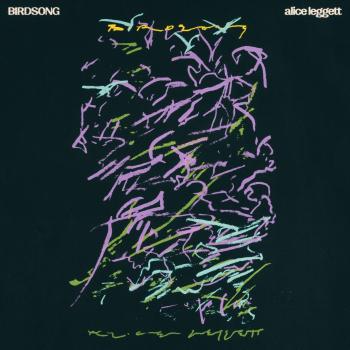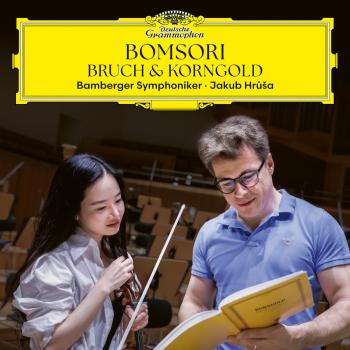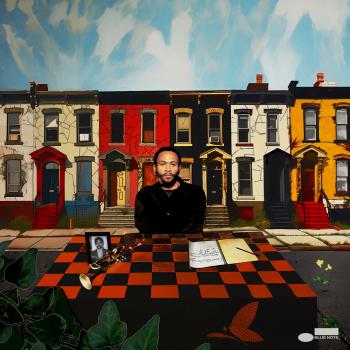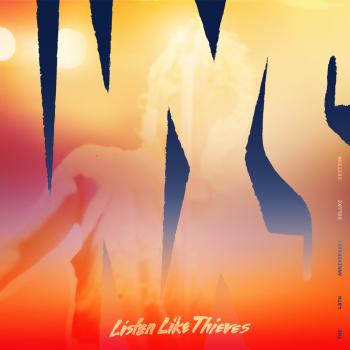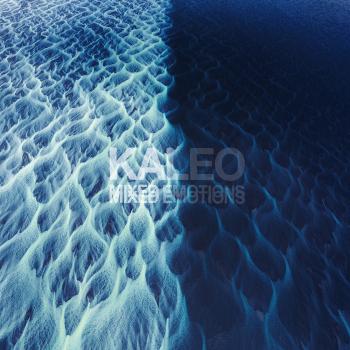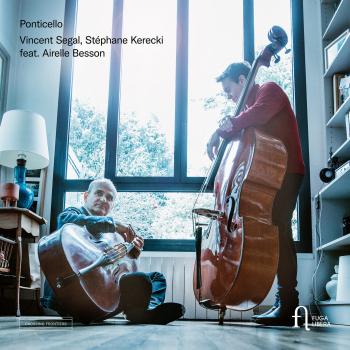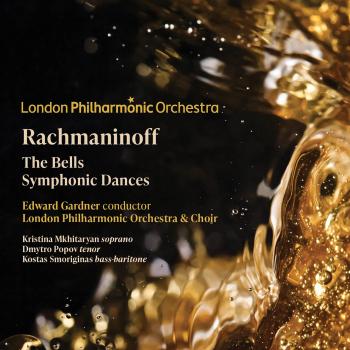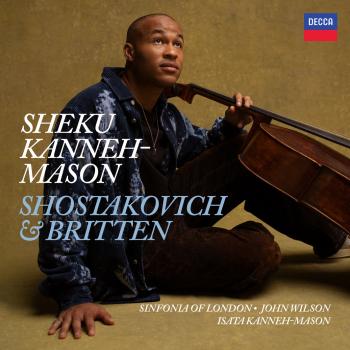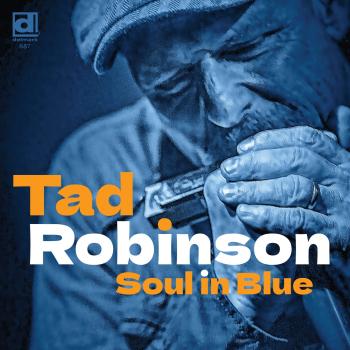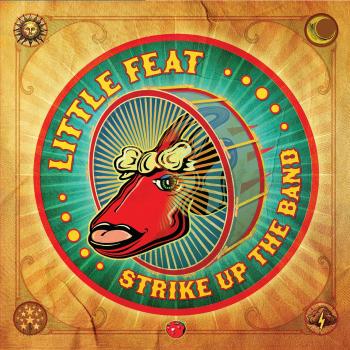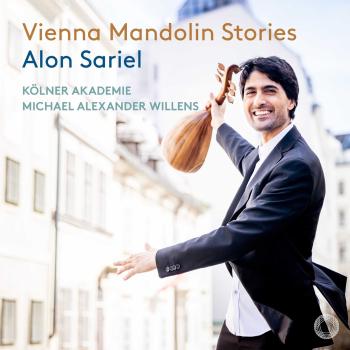RIAS Kammerchor, Capella de la Torre & Katharina Bäuml
Biography RIAS Kammerchor, Capella de la Torre & Katharina Bäuml
The RIAS Kammerchor (RIAS Chamber Choir)
has an artistic profile which is unmistakeable in its rich diversity and is received with enthusiasm all over the world.
Among professional choirs, the RIAS Kammerchor is a pioneer in the area of historical performance practice. Since its foundation, it has also been exemplary in promoting music of the modern era and the present day. Within the context of the tension between these areas, the choir's interpretations of works from the classical and romantic repertoires have acquired intensive musical speech with clarity of depth. The choir has grown decisively above all in the breadth of its range of stylistic expression under the direction of Hans-Christoph Rademann, who has been chief conductor since 2007. He has been able to build on the foundation provided by the work of his predecessors in this area.
A clear departure from the monumental style of Bach interpretation was already evident in Karl Ristenpart's project to record all the Bach cantatas, a project which unfortunately remained uncompleted. "Transparency as in chamber music" was Ristenpart's guiding principle. When Uwe Gronostay took over the choir in 1972, he continued to mould its sound with the ideal of a chamber choir in mind, giving it homogenous form with assured intonation and stylistic flexibility. He looked to partners in Europe such as Eric Ericson and his chamber choir for this new direction, introducing fundamental principles of historical performance practice into the choir's work. These were systematically developed by Marcus Creed, who succeeded in creating firm partnerships with specialised orchestras such as Concerto Köln, Freiburger Barockorchester, Akademie für Alte Musik, Orchestre des Champs-Élysées, also establishing an exclusive link for the choir with the harmonia mundi france label in 1995.
Numerous works of new music have not only had their premieres and first performances thanks to the RIAS Kammerchor, but have also been successively anchored in its repertoire and recorded in definitive interpretations. This aspect of the choir's repertoire runs like a thread through its history. The fact that choir music is re-emerging today in a wide variety of styles is also to the credit of the RIAS Kammerchor and its constant commitment to new developments in music.
The RIAS Kammerchor was founded by RIAS (Radio in the American Sector) in Berlin on 15 October 1948. Recordings for the broadcasting station's needs determined the choir's work during its first 25 years under Karl Ristenpart, Herbert Froitzheim and Günther Arndt. With the increasing availability of recorded audio media, the importance of public concerts and guest performances grew. Uwe Gronostay (1972–1986), who was elected honorary conductor by the choir in 2007, was responsible for this new orientation - he set up an individual series of concerts for the choir. His successor Marcus Creed (1987–2001) raised the choir's profile within the tension of the interplay between old and new music. Under his direction, the choir's international popularity increased as did requests for performances.
Daniel Reuss (2003–2006) shifted the focus to classical modernism and strengthened the choir's links with partners both at home and abroad. Since 2007, Hans-Christoph Rademann has been creating new emphases in the development of the choir's sound and repertoire. In December 2010, the British magazine Gramophone chose the RIAS Kammerchor as one of the top ten choirs in the world.
The RIAS Kammerchor is an ensemble of Rundfunk Orchester und Chöre GmbH (roc berlin.) The shareholders are Deutschlandradio, the Federal Republic of Germany, the State of Berlin und the Rundfunk Berlin-Brandenburg broadcasting station.
Capella de la Torre
is proud to be one of the leading ensembles for early wind music worldwide. The group was founded in 2005 by the oboist and shawm specialist Katharina Bäuml, and since then has newly inspired its audiences over and over again in over one thousand concerts, 20 CDs to date, and numerous live recordings. Through these experiences, the ensemble has garnered extensive experience in the music of the fourteenth though seventeenth centuries. In 2016 Capella was awarded the "Ensemble of the Year" ECHO Klassik prize. 2017 the ensemble was again awarded the ECHO Klassik prize for the CD "Da Pacem - Echoes of the Reformation".
2018 Capella de la Torre is one of the first OPUS Klassik winners - the ensemble was awarded for the CD "Serata Venexiana".
In order to make the music of past centuries sound fresh for modern ears, current historical and musicological research plays a vital role in Capella de la Torre's programs. Especially important is the work with original sources and texts. In addition to concerts, another focus of the ensemble is its work with young audiences though numerous outreach and education projects.
The name "Capella de la Torre" can be understood two ways: in the beginning of the sixteenth century, the Spaniard Francisco de la Torre composed perhaps the most famous piece for a wind ensemble, his "Danza Alta." In addition to this homage to the composer, the name can be understood literally. "De la torre" means "from the top of the tower." Wind ensembles of the time often played from the top of towers and on balconies.
Katharina Bäuml
A native of Munich, Katharina Bäuml studied modern oboe, and baroque oboe and historical reed instruments, finishing both degrees with honors. Since then she has specialized in myriad areas of early music, but her particular interest has been in wind music of the fifteenth through seventeenth centuries. This interest led her, in 2005, to found the ensemble "Capella de la Torre," which has become the most important German ensemble for Renaissance music. The group has produced twenty CDs, and since 2013 has recorded exclusively for Sony. In 2016 Katharine Bäuml won the ECHO Klassik award with Capella de la Torre for their CD "Water Music". In addition to early music, her interests include contemporary music played on historical instruments, leading to numerous commissions for her ensemble "Duo Mixtura," which have been performed at such prestigious festivals as the Berlin "Ultraschall" festival, among others. As the artistic director of several festivals and concert series, Ms. Bäuml continues to initiate projects which connect jazz and the music of the early modern period. Most recently she has assumed the artistic direction of the series "Musica Ahuse" in the Romanesque Cloister Auhausen, where renowned leading early music ensembles perform each year. Ms. Bäuml teaches in Berlin and regularly gives master classes in Genf (Switzerland), Hanover, and Lübeck.

